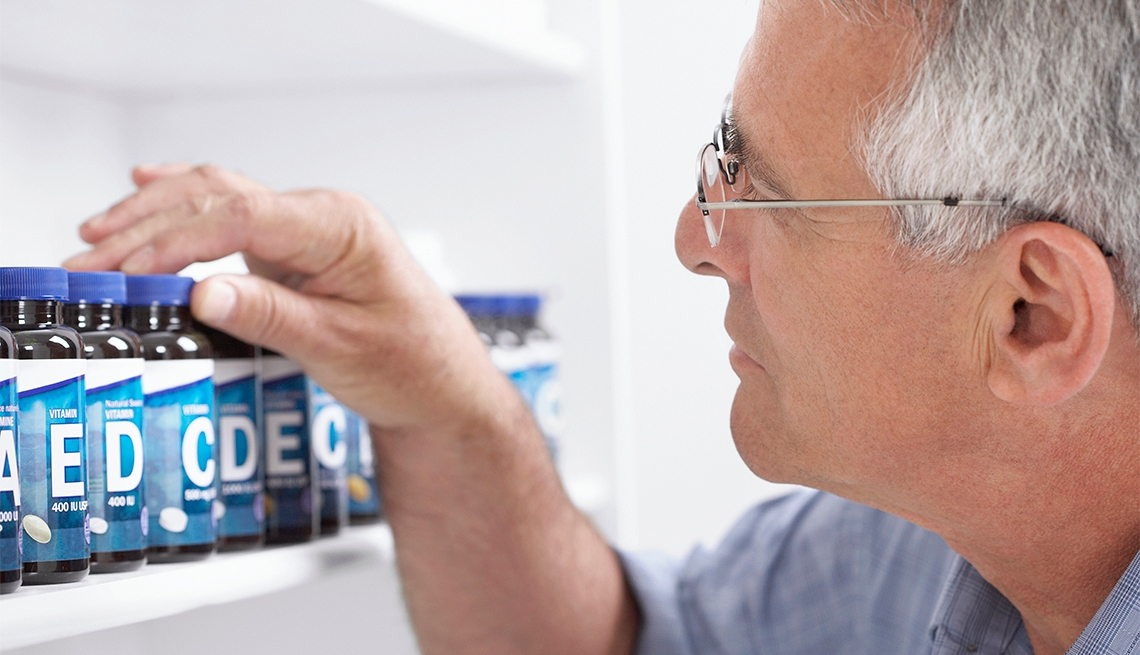
Many older americans take brain health supplements
- Select a language for the TTS:
- UK English Female
- UK English Male
- US English Female
- US English Male
- Australian Female
- Australian Male
- Language selected: (auto detect) - EN
Play all audios:

Three-fourths of respondents were extremely or somewhat concerned about the effectiveness of the ingredients in such supplements — and with good cause, it seems. Though more than 75 percent
of those surveyed said they think supplements can help maintain and improve brain health, and though nearly half think they can help prevent and reverse dementia, there's no scientific
evidence to support such beliefs, according to an exhaustive look at recent studies by the AARP Global Council for Brain Health. AARP's survey found that almost 70 percent of adults who
report eating healthfully most days of the week also take some sort of vitamin or dietary supplement. “This may be because these are people who tend to be more conscious of their health in
general,” says Cooperman. What's more, adults who say they eat the recommended amount of fruits and veggies every day reported better brain health, regardless of whether they take
supplements. "There may be something protective about getting nutrients from food — for example, they're better absorbed by the body — rather than supplements,” Cooperman says.
Seventy percent of survey responders were very or somewhat concerned about supplements’ safety, and three-fourths were worried about purity of ingredients. This is a very valid concern, says
Cooperman. While about half of the people surveyed believe that vitamins and minerals are regulated by the U.S. Food and Drug Administration (FDA), and almost 40 percent believe that
supplements like herbs are, they're not. "People assume that there's more oversight by the FDA than there really is,” Cooperman says. Under current law, dietary supplements
are considered food, not drugs. That means they aren't put through the same strict safety and effectiveness requirements that both prescription and over-the-counter drugs are. As a
result, they're considered safe until proven otherwise. The FDA can't stop a company from making a certain supplement until it has proof that it causes harm. “The FDA doesn't
regulate these companies, so there's no way to make sure that a product contains what's listed on the label, in the right dosage — and some products even have ingredients that
aren't listed,” Cooperman says. If you're considering taking a supplement, “put as much time into it as you would shopping for a car,” stresses Cooperman. Take the following steps
to make sure you're safe:
